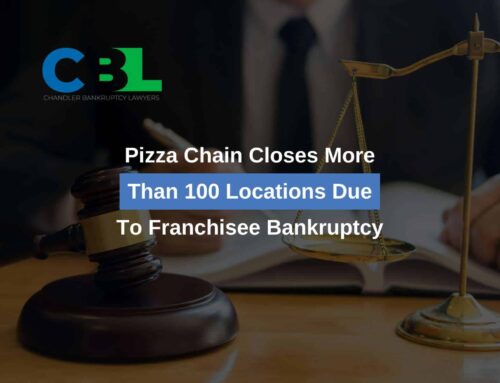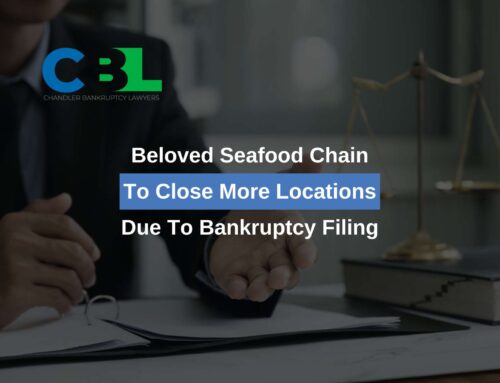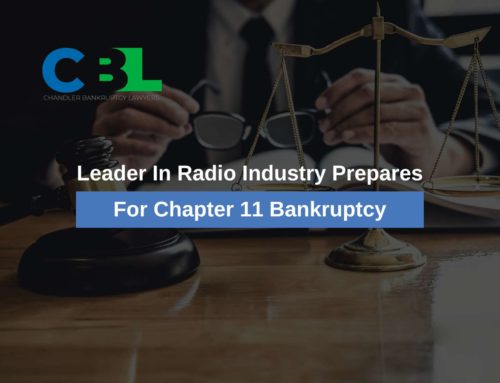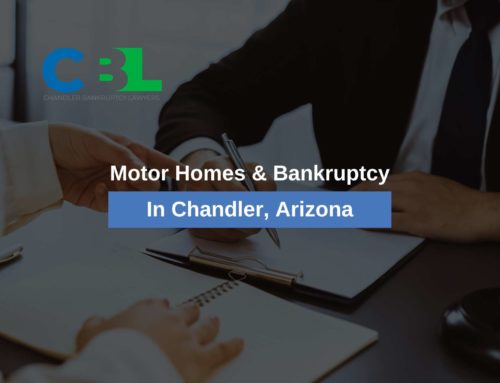 The coronavirus pandemic has caused an upheaval in the United States economy, with one of the biggest victims being the fitness industry. State mandates closing gyms for weeks earlier in the year, as well as continued pandemic restrictions and reduced clientele due to health concerns have all but decimated fitness-related businesses like gyms, supplement retailers, and more. The latest fitness chain to seek the protections of Chapter 11 bankruptcy is YouFit Health Clubs. YouFit is joining other major fitness companies like Gold’s Gym, 24 Hour Fitness, and GNC in seeking the protections of Chapter 11 bankruptcy due to the pandemic.
The coronavirus pandemic has caused an upheaval in the United States economy, with one of the biggest victims being the fitness industry. State mandates closing gyms for weeks earlier in the year, as well as continued pandemic restrictions and reduced clientele due to health concerns have all but decimated fitness-related businesses like gyms, supplement retailers, and more. The latest fitness chain to seek the protections of Chapter 11 bankruptcy is YouFit Health Clubs. YouFit is joining other major fitness companies like Gold’s Gym, 24 Hour Fitness, and GNC in seeking the protections of Chapter 11 bankruptcy due to the pandemic.
YouFit Health Clubs in Arizona
This gym chain prides itself on being energy-efficient and welcoming to people of all fitness levels. The chain has four locations in Arizona- one in Scottsdale, one in Phoenix, and two in Gilbert. YouFit Health Clubs is headquartered in Florida and has approximately 85 locations nationwide. The gym chain, which was founded in 2008, is being represented by Greenberg Traurig as bankruptcy counsel. YouFit has also retained FocalPoint Securities LLC as its investment banker and Hilco Real Estate LLC as its real estate adviser.
Pandemic Troubles
All of YouFit’s locations were closed at the start of the pandemic, albeit temporarily. In 2019, YouFit had sales of $135 million. The chain had 100 locations before the onset of COVID-19, but has since reduced to 85 locations, 84 of which are currently open. The company’s largest creditor is Bank of America, who gave the company a $10 million payroll protection loan. Many of the company’s other top creditors are its landlords, who are owed hundreds of thousands of dollars in back rent.
YouFit currently has about 340,000 members. The chain faced controversy in April 2020 for requiring members to cancel their membership in person. This decision angered clients who had experienced a reduction in come and health concerns about visiting a gym in person to cancel.
A large part of YouFit’s bankruptcy plan is downsizing. The gym chain has asked its bankruptcy judge to allow the company to reject 62 of its current leases. YouFit would leave all existing property (e.g., gym equipment) at these abandoned locations. The chain also proposed a plan to sell itself to its creditors for $75 million.
An Explanation of Chapter 11 Bankruptcy
You have probably heard of many famous businesses declaring bankruptcy during the pandemic. If you know anyone who has filed bankruptcy, they probably used Chapter 7 or Chapter 13, but most large companies use Chapter 11. One of Chapter 11’s main benefits is that it allows the company time to devise a plan to restructure its debt while protected from its creditors. The company can continue operating both during and after the bankruptcy.
After the Chapter 11 bankruptcy petition has been filed, the company’s foremost creditors will form a panel. This panel of creditors will vote to approve or reject the company’s plan to restructure its debts. This panel also has final authority over business decisions like canceling and renewing leases, opening and closing locations, and more. However, typical day-to-day operations remain under the company’s control.
The company can’t emerge from bankruptcy until it proposes a debt restructuring plan that is approved by both the creditors and the court. Sometimes, the company will sell inventory, equipment and supplies, shares, or even the company itself. The company may find an injection of new funding, or completely revamp its strategy. No matter which method the company chooses, the plan must be drafted clearly and in detail.
Other Options for Businesses and Individuals
 Chapter 11 has special provisions for small businesses, despite its reputation for use by major chains. It can also be used by individuals, but is only plausible for those with significant (think in the millions) in assets and debts. Some businesses are also eligible to file Chapter 7 bankruptcy, which requires the business to shut down for good. Chapter 7 is often used by low (or no) income individuals to discharge unsecured, nonpriority debts. In addition to income limits, there are also limits to how much property the filer can have, which are known as “exemptions.” Individual filers who don’t qualify for Chapter 7 may opt instead for Chapter 13, which is a 3-5 year debt reorganization payment plan. This chapter also allows debtors to more feasibly catch up on payments for financed assets they’d like to keep, like a house or car, or on debts that can’t be discharged, like child support.
Chapter 11 has special provisions for small businesses, despite its reputation for use by major chains. It can also be used by individuals, but is only plausible for those with significant (think in the millions) in assets and debts. Some businesses are also eligible to file Chapter 7 bankruptcy, which requires the business to shut down for good. Chapter 7 is often used by low (or no) income individuals to discharge unsecured, nonpriority debts. In addition to income limits, there are also limits to how much property the filer can have, which are known as “exemptions.” Individual filers who don’t qualify for Chapter 7 may opt instead for Chapter 13, which is a 3-5 year debt reorganization payment plan. This chapter also allows debtors to more feasibly catch up on payments for financed assets they’d like to keep, like a house or car, or on debts that can’t be discharged, like child support.
During these uncertain times, we can always rely on creditors to continue to pursue debts to the extent legally possible. Regardless of Covid, creditors are still out to get their money. Therefore, if you are struggling financially and face garnishment, foreclosure, or repossession, bankruptcy may be the solution to your problems.
Our Chandler bankruptcy lawyers know times are tough, and that’s why our firm offers free consultations to those considering bankruptcy. We offer telephonic consultations so you can learn which chapters you are eligible for, how to proceed with your case, and how bankruptcy will help you from the safety and privacy of your home. Call to schedule your free consultation today.





